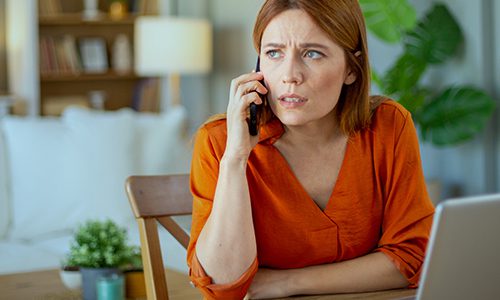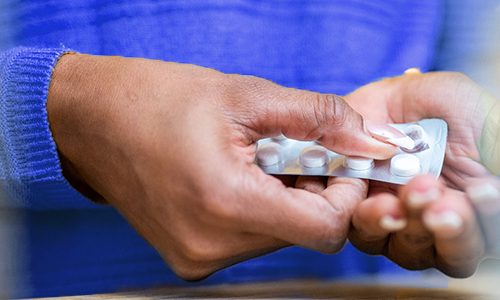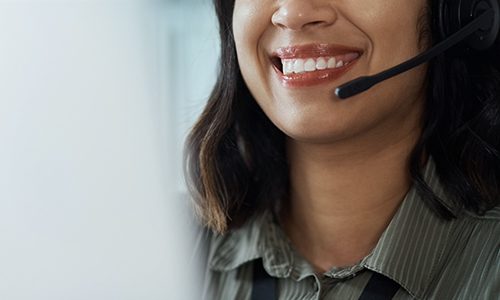While telehealth has been the star of remote care delivery during the pandemic, one-on-one personal healthcare engagement is playing an important role, as well.
As COVID-19 cases began to rise and significantly impact the state of California, the governor issued shelter-in-place orders that significantly amplified social isolation—especially for the state’s older adults. It’s well-documented that social isolation and the resulting loneliness can contribute to and exacerbate myriad health conditions, including high blood pressure, cardiovascular disease, disability, cognitive decline and depression.
In early March 2020, the World Health Organization (WHO) regional director for Europe reminded governments and authorities about the need to support seniors, saying that it is an “essential part of the countries’ comprehensive response to the pandemic.”
Healthcare engagement as a vital resource
One of our clients who serves a large Medicare-aged population in California tapped Carenet Health for outreach help. With so much at stake, they recognized the critical importance of keeping in touch with their over-age-65 population to assess and address their needs.
In addition to the potential for impacting health conditions, they were concerned that isolated seniors were being cut off from certain benefits and resources for which they were eligible. The client wanted to do one-on-one, personal check-ins by phone. During the calls, they wanted to address any social determinants of health that might be impacting the senior, and help them take the next best steps for their physical and mental wellbeing.
Connecting seniors to services like telehealth
Carenet’s engagement specialists went straight to work, and designed and conducted an outreach campaign to contact the target audience in California. Our goal was to evaluate the levels of isolation and determine any barriers to their health access, and then connect them with information on local resources and services if needed.
Our teams assessed their ability to safely access nutritious food, necessary medicines and basic supplies. We also asked questions regarding their social outlets and connections with family and caregivers. Lastly, we ensured they had clear direction on what to do if they started showing any symptoms of the virus—including using the telehealth resources available to them like nurse advice lines and virtual physician consults.
One-on-one healthcare consumer engagement made a difference
Knowing that older adults over age 65 are known to be at higher risk for COVID-19 complications, it’s difficult to overstate the serious need for multichannel, targeted healthcare consumer outreach during the pandemic. The Medicare-aged population are primed to especially benefit most from virtual care during a time when leaving one’s home coincides with increased risks.
The key learning: The client’s concern was legitimate. Seniors who previously had support or visits from home aides or family members were no longer receiving support due to the shelter-in-place order.
Key results: Of the individuals we contacted, we connected:
- 60% to local foodbanks
- 18% to COVID-19 informational services
- 15% to virtual communication tools
- 7% to telehealth services, including a nurse advice line
Helping those in need when they need it most
If you need to assess the needs of an at-risk population now or in the future, consider contacting us for a brief discussion. We’re here to help you find cost-effective, scalable solutions that work for your organization.



